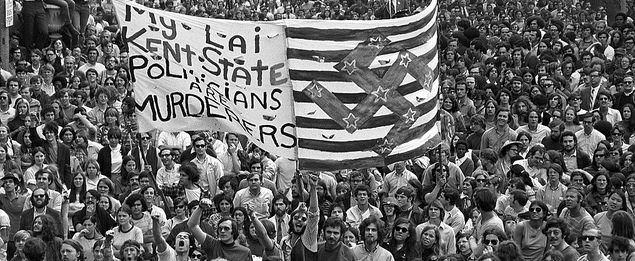I don’t think it would be fair to blame my father for his distrust of authority. Growing up in 1960s Jim Crow Alabama, in a hardscrabble, blue-collar family that aspired for white-collar status, he didn’t have particularly good influences. He was what we would now call hyper-active, and my grandfather’s solution to his son’s distractibility and disorderliness was corporal punishment, and lots of it. Nevertheless, my dad succeeded as a student and an athlete, playing on Huntsville High School’s baseball team. My grandfather never came to a single game.
Login to read more
Sign in or create a free account to access Subscriber-only content.
Topics:
